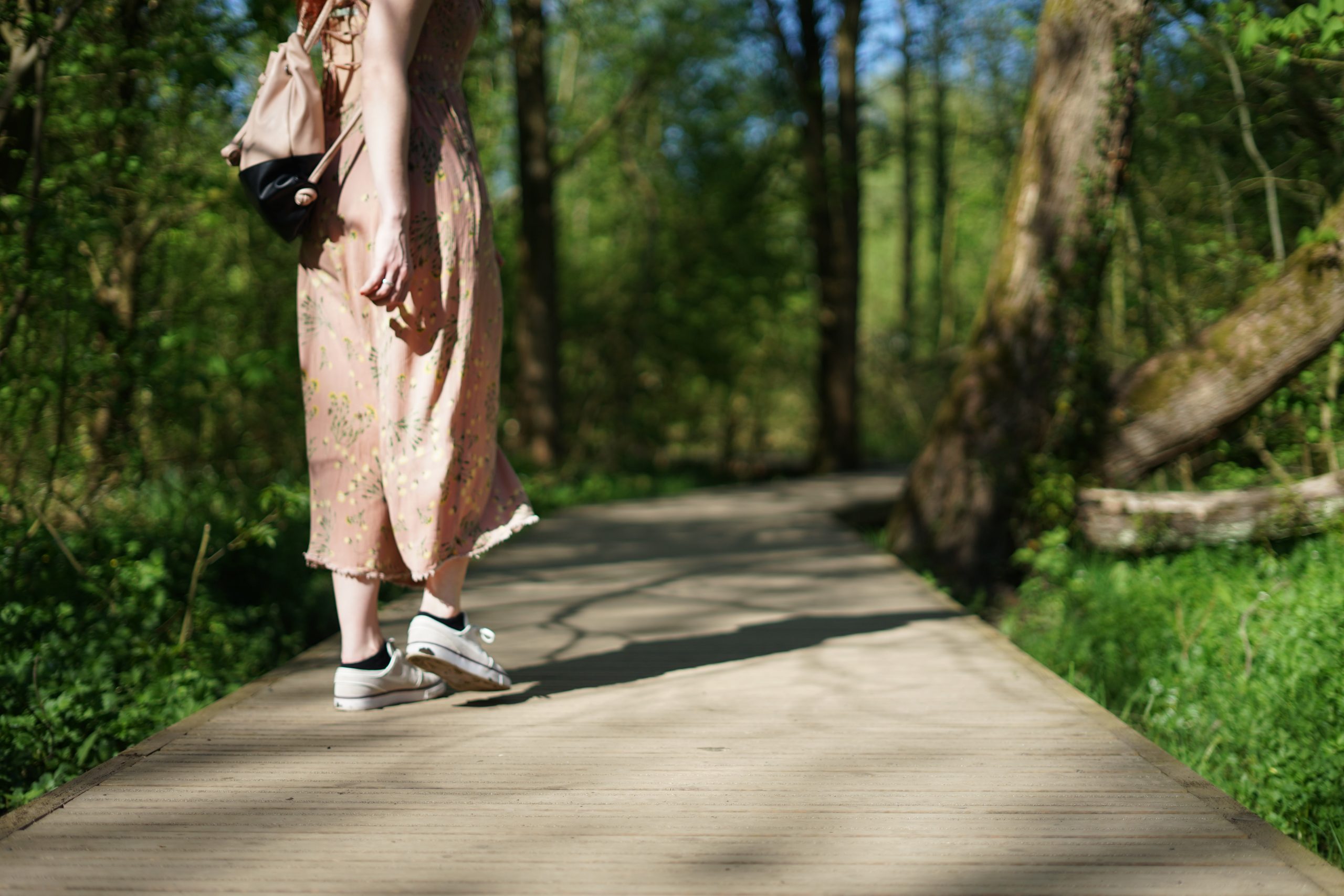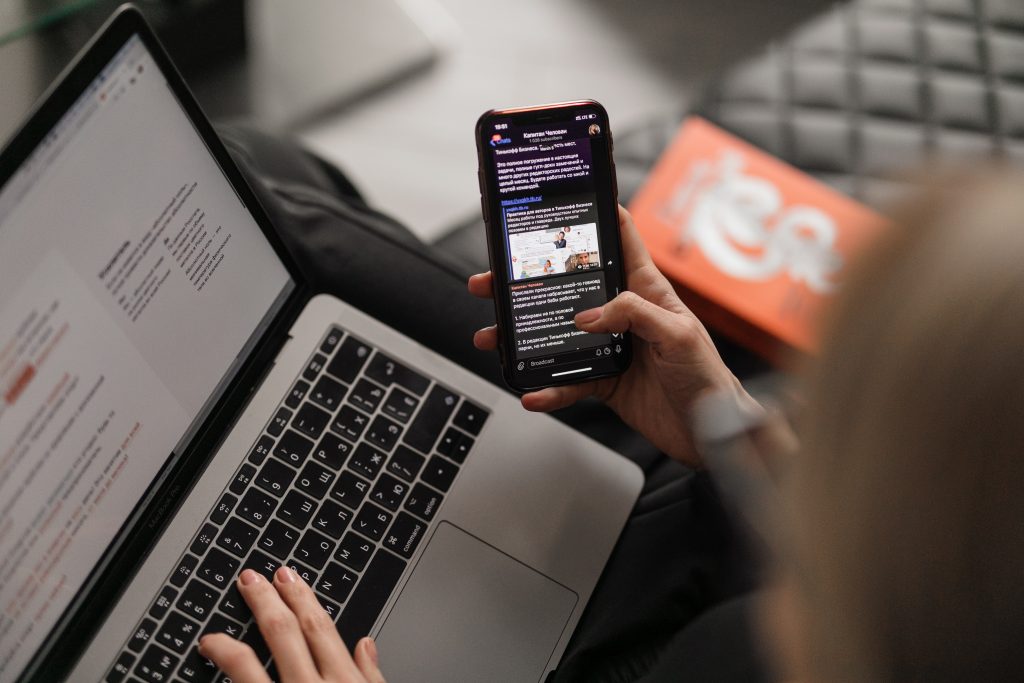
25 Oct Digital Detox Tips That Actually Work
Digital detoxing is difficult, and it can be hard to know where to start. Here’s some tried and tested low-effort but-high impact digital detox tips that actually work.
Allow only essential notifications
Let’s make things easier for ourselves.
We probably all know the feeling of being super concentrated on a task, or engaged in a conversation with a friend, when our phone buzzes. The second we check the notification, we interrupt our train of thought. The longer we loiter on our phone, the less likely we are be able to pick up where we left off and resume our stream of productivity.

To lower chances of this interruption in the first place, the first of our digital detox tips is about limiting the number of notifications you receive. Turn anything that you do not need to receive in real time, such as social media and news notifications. This means you have control over when you check your phone: not the other way round.
Leave your phone behind
Next time you go out and you deem it safe and sensible to, leave your phone behind. Whether going for a walk, to someone’s house, or even just running errands, use the outing as an opportunity to put some distance between you and your tech. If you can’t access it, you cannot succumb to the temptation to check your notifications or go on it.
If you don’t have a reason to leave your home, make one! Go for a walk over lunchtime or after work – your mind and body will thank you for it.

If the thought of leaving your phone at home makes you feel anxious: digitally detoxing is definitely the right move for you. Feeling nervous when separated from your phone is a sign of digital addiction, and could be having negative impacts on your productivity, relationships and sleep quality. Therefore, as difficult as it can be, breaking the habit of being accompanied by your phone everywhere you go is a really important step towards developing a healthier tech-life balance.
Make time for the activities you love
Find something to fill up the otherwise dead time you spend on your phone. If you have something you love and look forward to doing – for example baking, running, arts and crafts – you will not feel the need, or even want, to go on your phone. Investing time into doing the things you love will leave you feeling happy and fulfilled. Scrolling mindlessly on your phone will only delay (and possibly even exacerbate) your boredom and leave you feeling lethargic and dissatisfied.
Extend this to your morning and evening routine. Starting and ending the day on your phone is terrible for your self-esteem, productivity and sleep cycle. Find an activity that makes you feel good in the morning and sets you up for a productive day ahead – such as yoga or journaling – and one that relaxes you and helps you to wind down before bed, like reading, jigsaw puzzles or colouring.
Use your tech only when you need to
Often technology does enrich our lives, for example by allowing us to stay in contact with friends and family. Mobile phones in themselves are not harmful, but if we do not use them responsibly we can end up in a detrimental cycle of unhealthy technology use.
To make sure that you are using your phone mindfully, every time you pick it up, ask yourself why exactly you are using your phone. Your friend whom you are meeting for dinner is asking you what time you’d like to meet? Let them know! Agree on a plan, tell them you’re looking forward to catching up in person, and put your phone down. Instagram account @user49235 has liked your photo? You probably don’t need to go on your phone (and if you are receiving notifications like these, please refer to number 1 in our digital detox tips!)
Hold yourself accountable
The constant theme tying all these tips together is accountability. Question your actions: do I need to go on my phone right now? Do I even need my phone with me? Will going on my phone right now make me happy?
Asking yourself these questions will help you to align your digital habits with want you want from your daily life. A digital detox is a kindness to oneself: it separates your work life from your home life, gives you back time to do the activities you love, and promotes more activity and better quality sleep, leading to a healthier, happier day-to-day.






Sorry, the comment form is closed at this time.